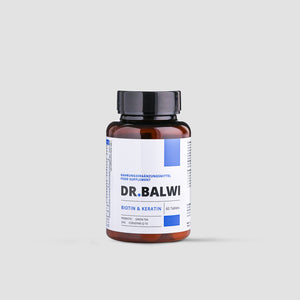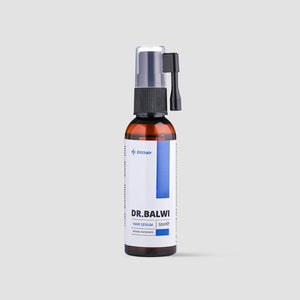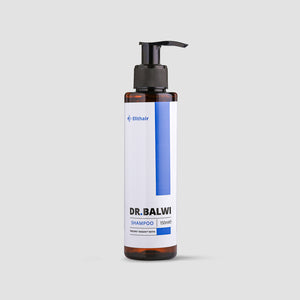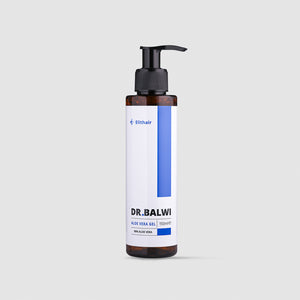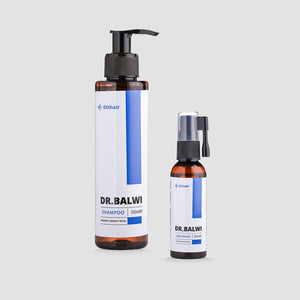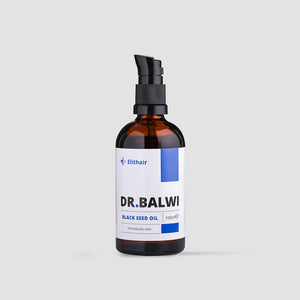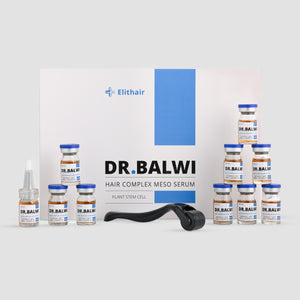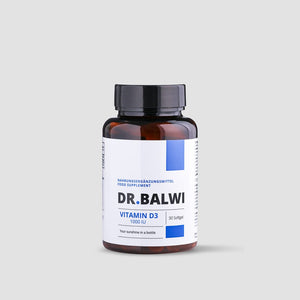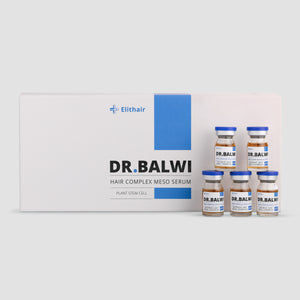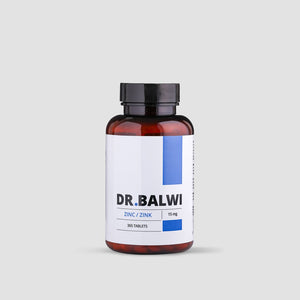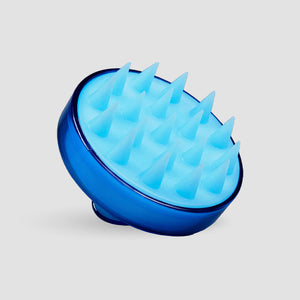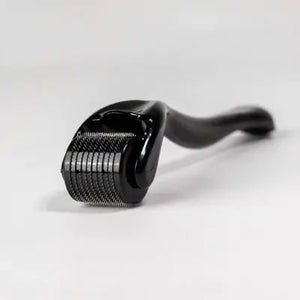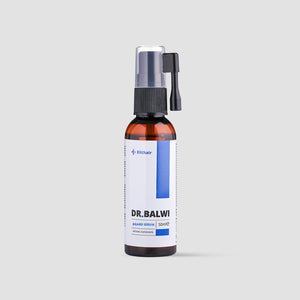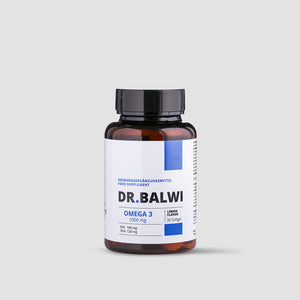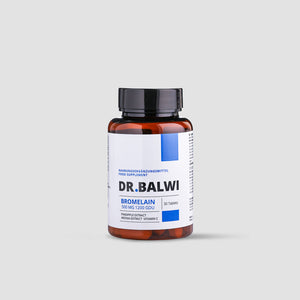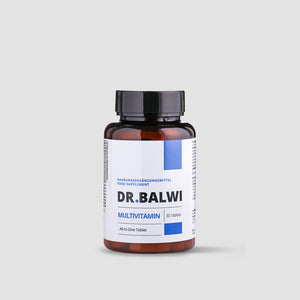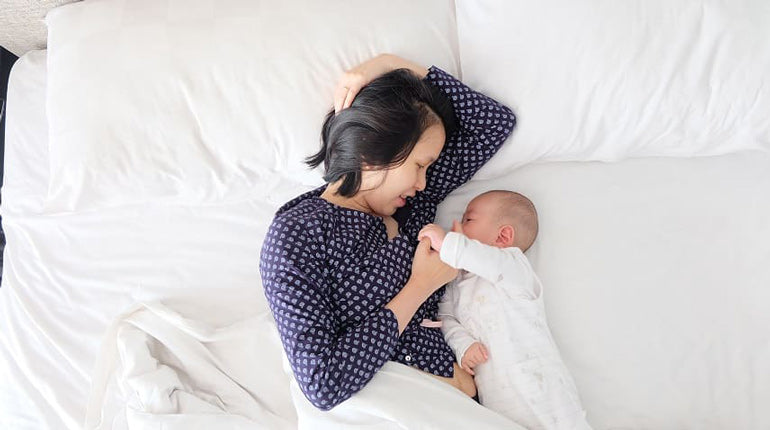
Hair loss during breastfeeding is a widespread problem
Table of contents
- Why does hair loss occur during breastfeeding?
- Hormonal changes cause hair loss during breastfeeding
- Hair loss in women during pregnancy
- What helps against hair loss during breastfeeding?
- Is a hair transplant the optimal solution?
- Conclusion: Hair loss during breastfeeding can be remedied with a hair transplant
Why does hair loss occur during breastfeeding?

The reason hair loss is so common after childbirth is quite simple. During pregnancy, the female body produces increased amounts of the sex hormone estrogen . This not only ensures that many pregnant women's skin appears particularly smooth and rosy, but can also lead to expectant mothers having around ten percent more hair on their heads.
The hair also often appears shinier and fuller. This is because rising estrogen levels ensure that more hair is in the growth phase and stays there longer. After childbirth, however, this situation often changes to the exact opposite. As a result, quite a few women suffer from hair loss while breastfeeding.
Hair loss becomes noticeable around two to three months after giving birth . Hair falls out more frequently, making it appear thinner and duller overall. However, postpartum hair loss can also occur in women who are not breastfeeding.
Hormonal changes cause hair loss during breastfeeding
Hair loss is therefore not due to breastfeeding. Rather, it is caused by the dramatic hormonal changes following delivery. Estrogen levels, in particular, drop rapidly after birth. This causes many hairs to transition from the growth phase to the resting phase at the same time.
Almost all women are affected by hair loss after childbirth. Of course, the severity varies from woman to woman . In some cases, the hair falls out in clumps. Other women, however, only find a few extra hairs in their brush.
Hair loss in women during pregnancy

In addition to hair loss during breastfeeding, hair loss also occurs earlier. Some expectant mothers struggle with hair loss during pregnancy. In many cases, hair loss during pregnancy is triggered by an iron deficiency . During this phase, the female body's iron requirements increase by around 60 percent.
This is because the child also needs to be nourished. However, since not all expectant mothers consume enough iron through their diet, iron deficiencies often occur. Iron is primarily found in animal products such as meat.
Pregnant women who follow a vegetarian or even vegan diet, in particular, often struggle with iron deficiency. If iron needs cannot be met through food, iron supplements can be taken after consulting a doctor.
What helps against hair loss during breastfeeding?
In most cases, patience is the only solution. Hair condition often returns to normal over time, and hair loss during breastfeeding is only a temporary problem. To actively support healthy hair growth, however, it's important to maintain a balanced and healthy diet , especially after giving birth .
Postpartum effluvium (hair loss after childbirth) usually resolves on its own after six months at the latest. This is a form of diffuse hair loss. However, in exceptional cases, hair loss may continue for up to nine months after birth.
If this is the case for you, you should consult a doctor. Vitamin supplements can certainly help promote hair growth. However, this is only possible if the hair loss is caused by a vitamin or nutrient deficiency. If the hair roots are severely damaged, new growth will no longer occur, and ahair transplant is the only permanent solution.
Is a hair transplant the optimal solution?
With the help of a hair transplant, unsightly bald spots can be reliably and permanently closed. This is particularly important for many women, as hair is considered a symbol of femininity and beauty in many cultures.
To feel completely comfortable in their own bodies after giving birth, many women also find it important to have strong, shiny hair after the annoying hair loss that came with breastfeeding . Dr. Balwi and the team at Elithair have been successfully performing hair transplants for many years .
The modern FUE method for extracting hair follicles serves as the basis for the hair graft treatment . The innovative technique used to insert the grafts depends on the individual hair situation.
Conclusion: Hair loss during breastfeeding can be remedied with a hair transplant
Many women experience hair loss while breastfeeding . Contrary to popular belief, however, this hair loss has nothing to do with breastfeeding. Rather, it can occur in any woman after childbirth—whether she is breastfeeding or not.
This is due to the hormonal balance , which undergoes significant changes during this time. Estrogen levels rise significantly during pregnancy and drop rapidly after delivery.
Once the hair roots die , no new hair grows there. The Elithair team, led by Dr. Balwi, will be happy to advise you in detail about the various hair transplant options for women .

